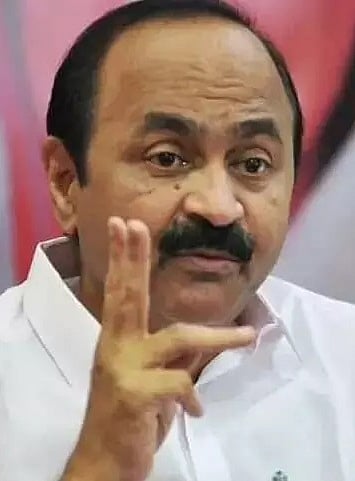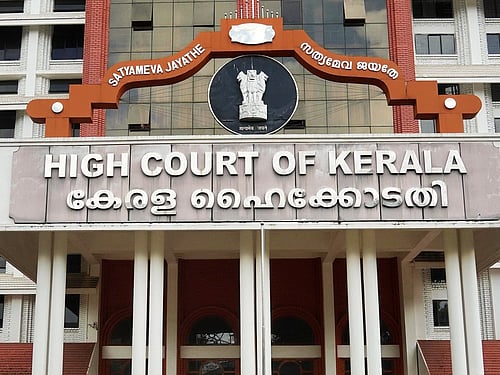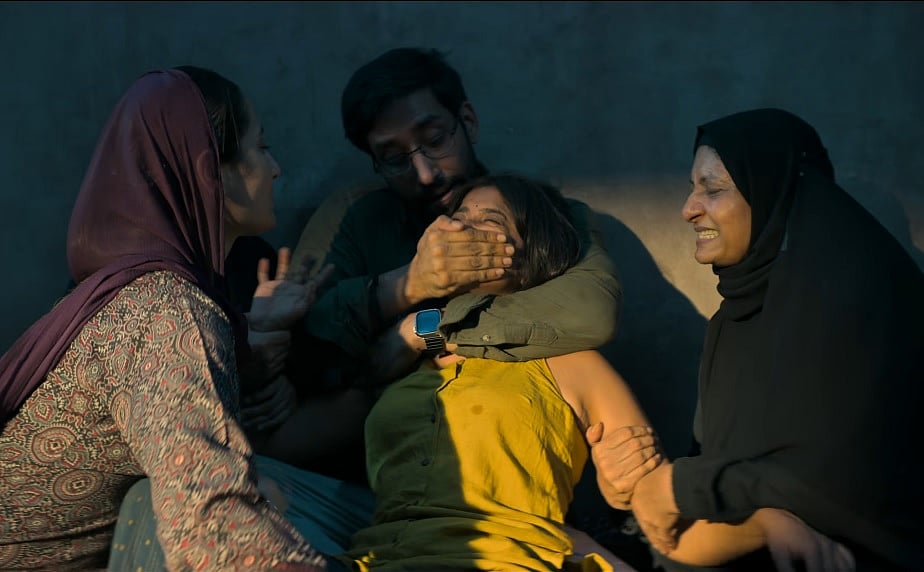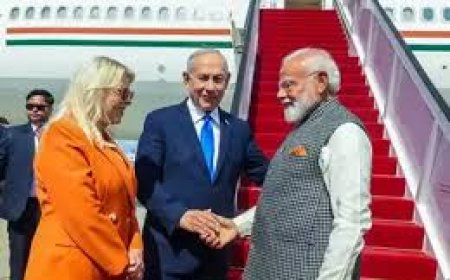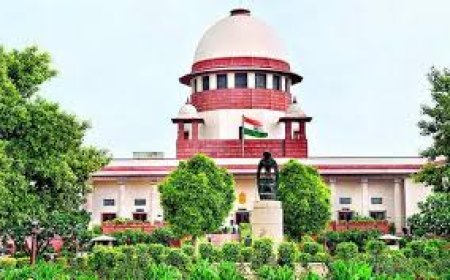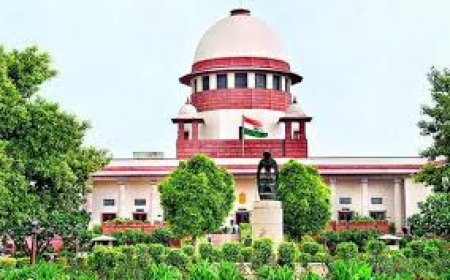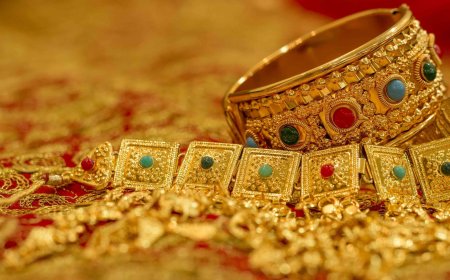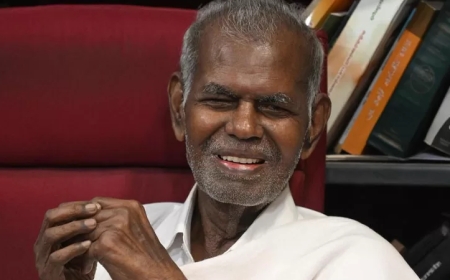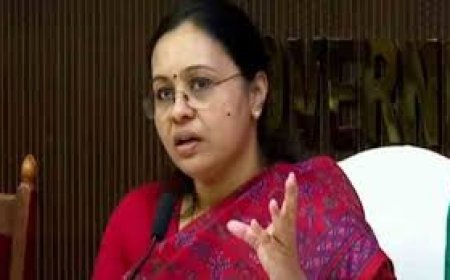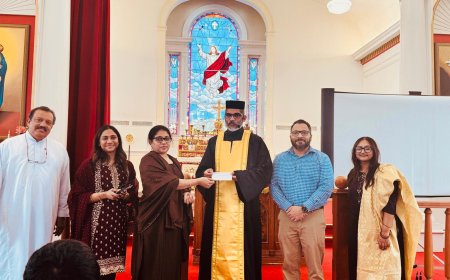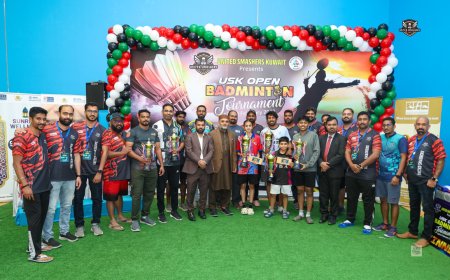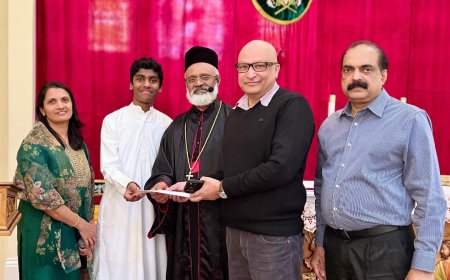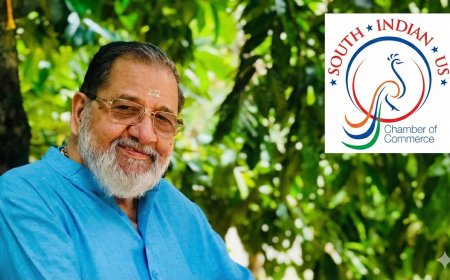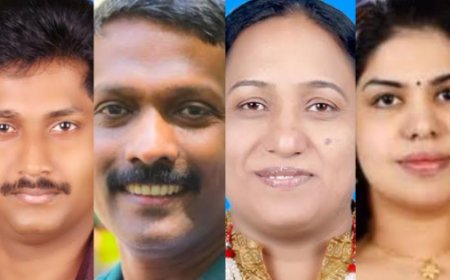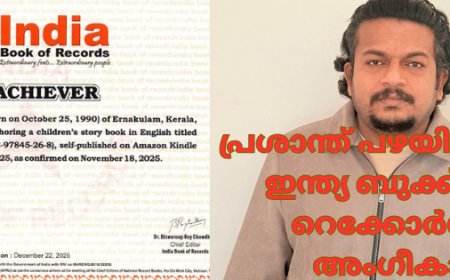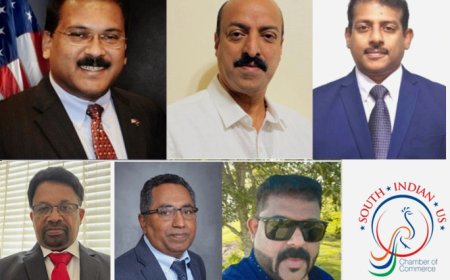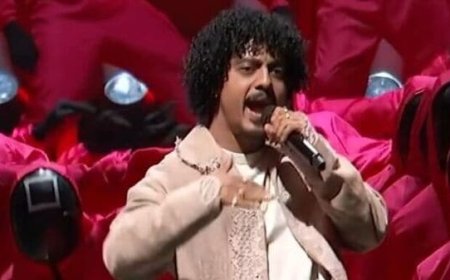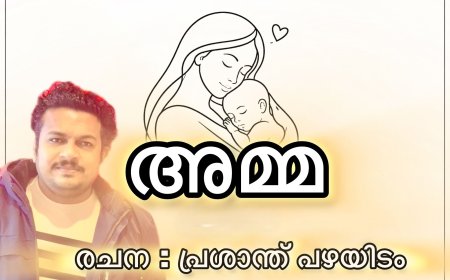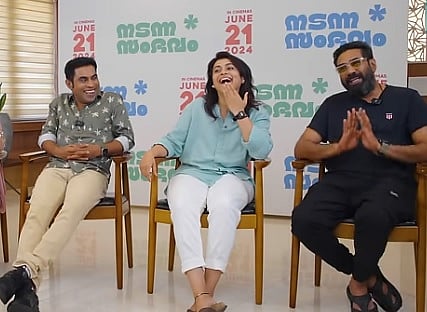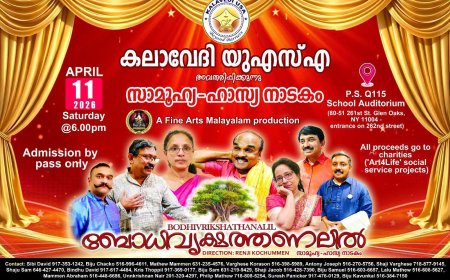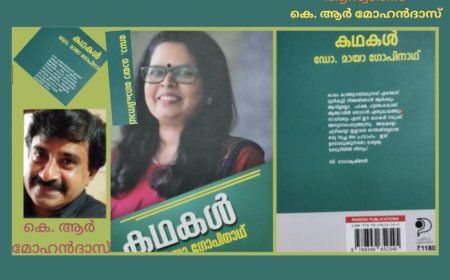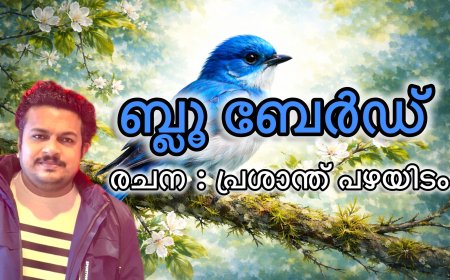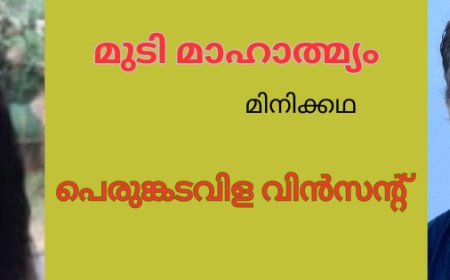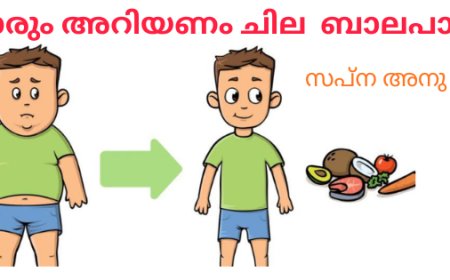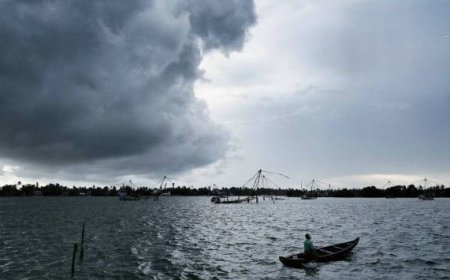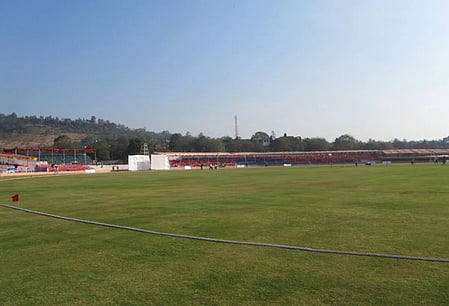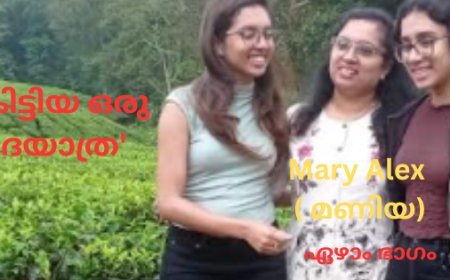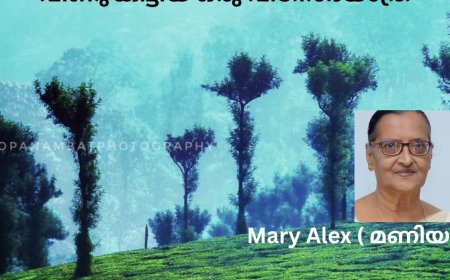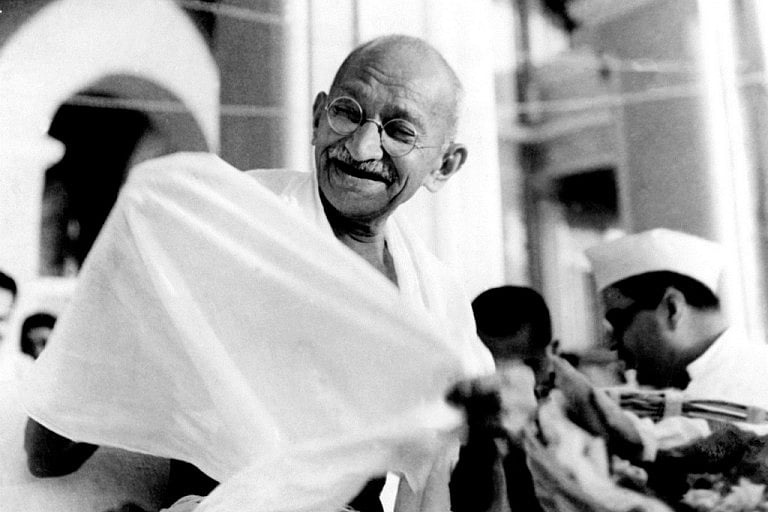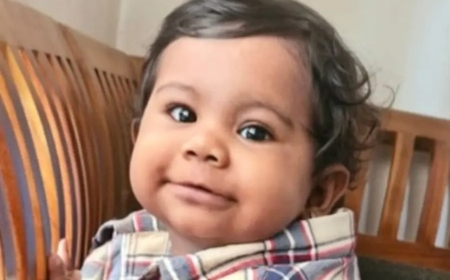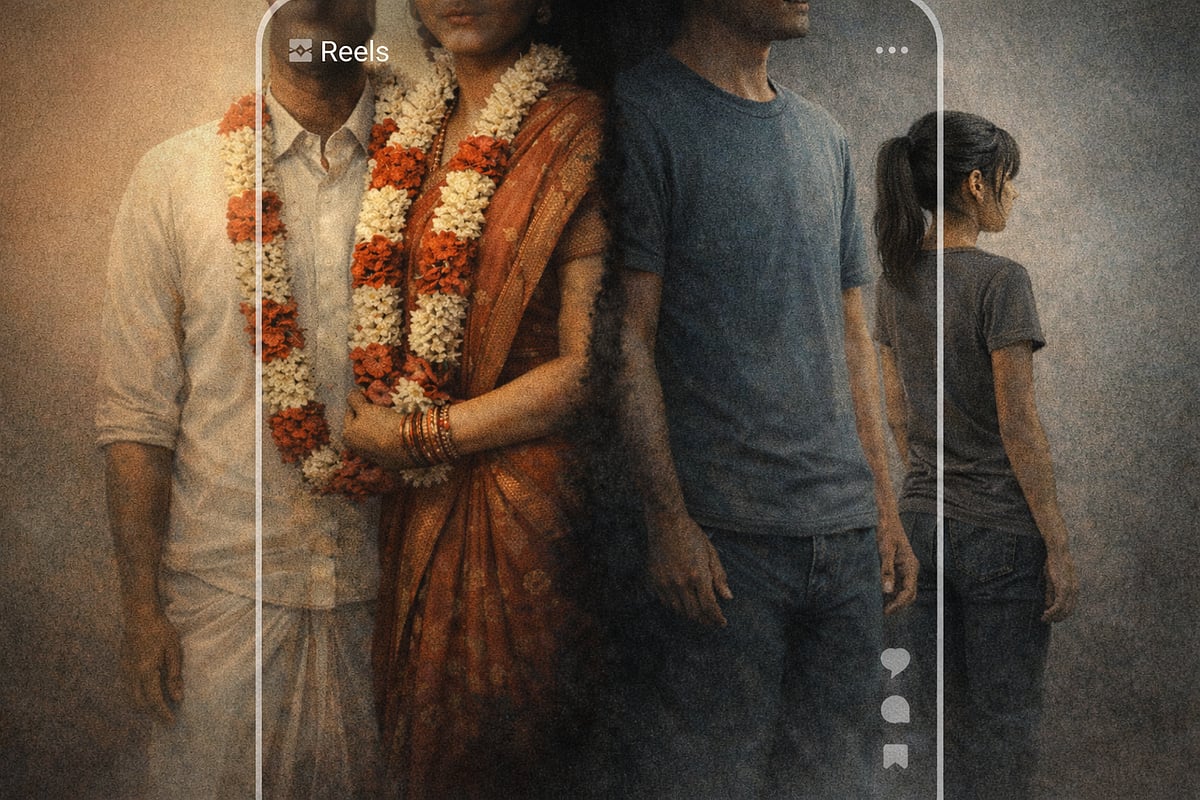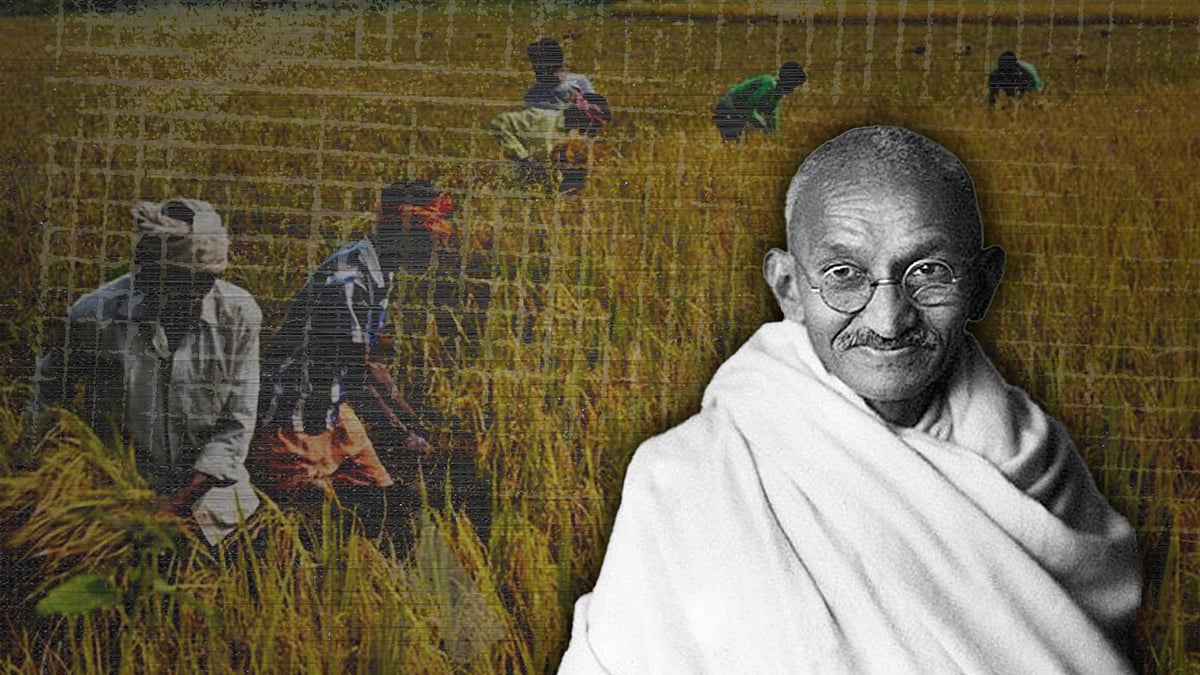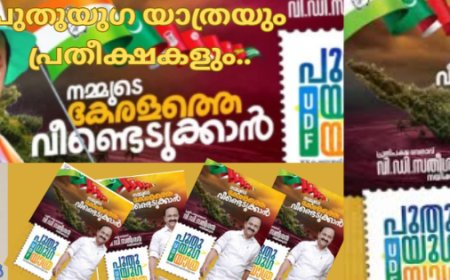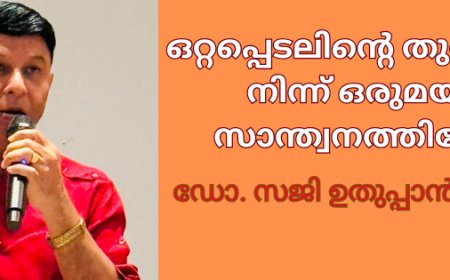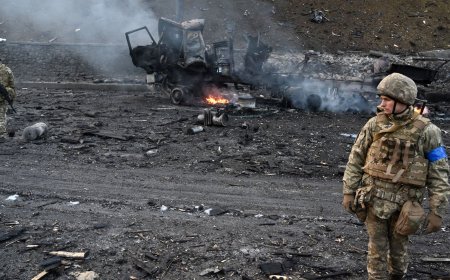Disappearing traditions, customs and culture

WE often talk about the generation gap and changing attitudes of the new generation. Of course, as years go by, changes happen everywhere.
In the last 30 years, changes in communication, technology and science have been beyond anybody’s imagination. Remote communication has become easier between individuals and groups that have gone through different steps - mobile phones, emails, text messages, WhatsApp calls and messaging, Facebook and other social messaging. The generation growing up with these major changes in information technology definitely has a different perspective on the world.
Tradition is historic in almost all cases, very few if no new, traditions originate. It does not change as years go by. However, fewer people seem to follow traditions as the new generation blossoms. Traditions are followed for generations, Jewish and Hindu traditions are 5000 years old, Christian tradition is 2000 years old, and Indian tradition is different in different areas of the country, Kerala has some common traditions and they change based on religion, caste, region etc.
We often throw away our unusable or unwanted materials and clothes. But, traditions cannot be thrown away like that. They are part of our origin and identity. If you are a Malayalee, you follow certain traditions, if you are a Syrian Christian you follow some traditions, if you are a Nair, Ezhava or Muslim, you follow certain specific traditions. You cannot throw away those traditions, if your identity becomes only a name, Kerala Hindu, Hindu Brahmin, Malayalee Muslim, etc.
The same with culture also. Culture is part of one’s social life. That also is different in different regions and countries, for different language-speaking people and for people who follow certain religions. Every human being is identified by that person’s ethnicity and each ethnic group is identified by its unique tradition and culture. Food habits also are different for each ethnic group.
Talking about customs, those of us born in India know that there are thousands of customs we follow in all parts of India - religious and regional. Culture is different from tradition. It identifies an ethnic group or a tribe. Again there is regional culture, religious culture and language culture.
There is Indian culture, Kerala culture, Muslim culture, Hindu culture etc. India is a big country with many ethnic and tribal divisions. Even though for others in the world, everything is like Indian culture, there is no such thing as a specific Indian culture.
Traditions started disappearing once people started to move around. Until the early parts of the 20th century, there was not much change in traditions. After the First World War and especially after the Second World War, people around the world started moving to different countries. Some of the old traditions and customs disappeared as people get more educated and knowledgeable.
The caste system in India is behind many of the bad traditions and customs that the Hindu religion does not follow. Sati, the custom for the widow to sit on top of the Chita (funeral pyre) when her husband’s body is cremated was a bad custom.
In Kerala, we have heard that when Brahmins walk through the walkway or road, everybody or the untouchable has to move away. Lower caste people were not allowed inside the house of the so-called higher caste and they were served food outside the house. The so-called lower caste was ill-treated badly.
The caste system had many inhumane customs. Once the equal opportunity was given to everybody to get educated and lower caste people moved away from their customary trade and talents to normal jobs and secular community life, many of these old traditions and customs started disappearing.
There are many good traditions in India like saying Namaste, respecting the elderly, women and religious heads, joint families etc. Many of these good traditions and customs have started disappearing with the new generation.
We are also in the process of refining our culture. The old Indian or Kerala or Hindu or Muslim or Christian culture has now changed because the new generation lives in a more secular world with no caste system and with equal treatment.
The Indian or Malayalee generation born in other countries, grew up as foreign nationals do not have much respect for Indian customs or celebrations. They grow up and live as citizens of those countries. Look at Kamala Harris, the Vice President of the USA, and the new Prime Minister of the UK Rishi Sunak. We are all proud that they both are of Indian origin. But they are foreign nationals. They both are proud of their Indian origin and Indians are proud of them.
The new culture is a mixed culture. All over the world people are more educated and technological advancement has changed the way we communicate. Traditions and customs need not be followed in this modern communication and social life.
Wealth, economic conditions and progressive lifestyles also influence the disappearance of old traditions and customs and change the culture.
Is it good or bad? Often traditions and customs are connected with the culture. Therefore, when we forget traditions and do not follow customs, we change our culture and social norms. We create a new society, which becomes more interesting to the new generation.
As Indians, the important tradition we need to follow is to respect others, especially respect the elderly and women; customs we need to continue to greet people with a happy face, say Namaste or shake hands and ask “How are you doing”; and culture we should preserve, the great Malayalee culture of communal harmony and helping each other. Many of the old traditions, customs and cultures are outdated with the new generation who grows up in a very different world.





